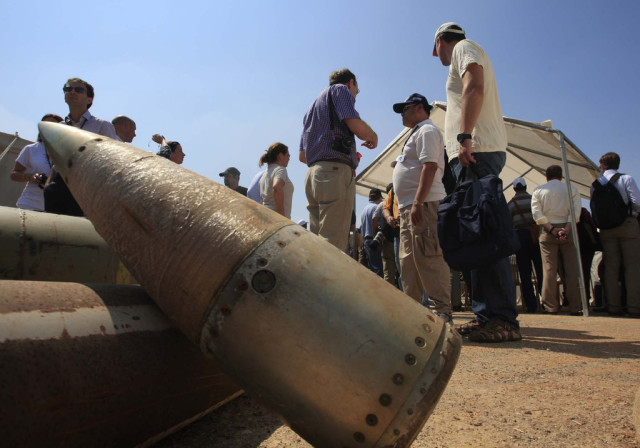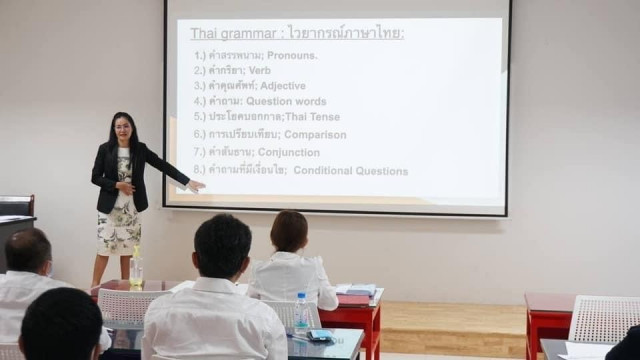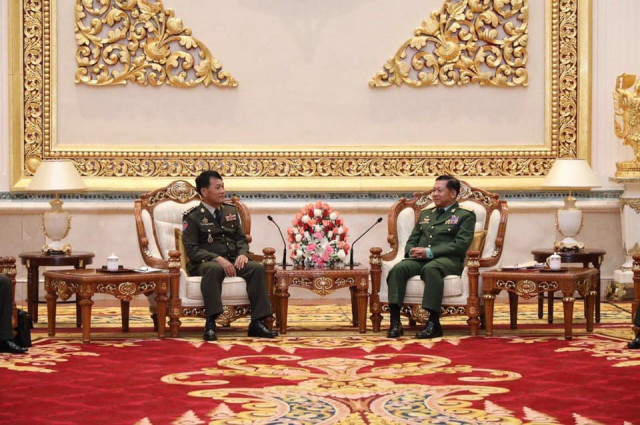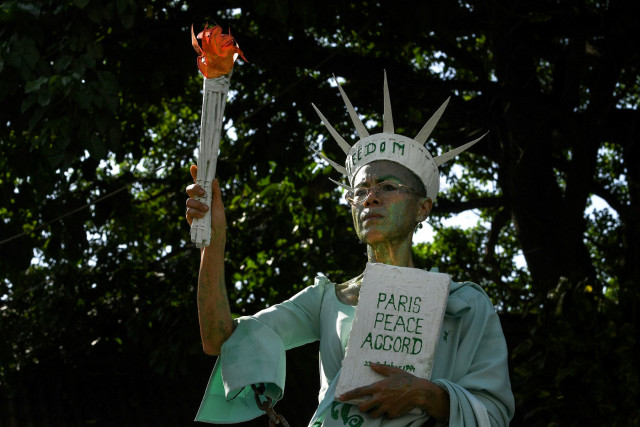US Cluster Bombs in the Ukrainian Arsenal: A Very Sad News

- By Cambodianess
- July 16, 2023 10:00 AM
There are decisions that do not reflect well on those who take them. The one authorizing cluster bombs to be delivered to Ukraine that was approved by the United States president about 12 days ago is one of them.
Described as “revolting” by international NGO representatives, the U.S. administration said having taken this decision after obtaining “assurances in writing” from Ukraine that its forces would not use the cluster munitions in urban areas “that are populated by civilians, and that there would be a careful accounting of where they use these weapons.”
Those bombs spread indiscriminately and across a zone amounting to many football fields a multitude of small explosives among which a large number don’t explode and get underground. According to experts, 5 to 40 percent of the buried munitions don’t explode on impact and can therefore remain underground for decades. In violation of international law, they strike civilians and soldiers indiscriminately.
For some people, they seem to be weapons of war like any others. But they are mainly weapons against peace once the time for battles is over.
Signed by 123 countries—but not by the United States, Russia or China among others—the 2008 Convention on Cluster Munitions states that “cluster munition remnants kill or maim civilians, including women and children, obstruct economic and social development, including through the loss of livelihood, impede post-conflict rehabilitation and reconstruction…prevent the return of refugees and internally displaced persons…for many years.”
Cambodia and Laos know a great deal about this: 50 years after American bombardments, their land still is not 100 percent cleared. Maybe, at that time, those who had ordered the use of those war tools had given themselves a clear conscience by making sure to “minimize the risks” for civilians! Be that as it may, no one today ignores the consequences of this arsenal of shame.
Prime Minister Hun Sen has not failed to speak on behalf of Cambodia on this matter and remind Ukrainian President Volodymyr Zelenskyy that the use of these cluster bombs will inevitably affect his own people if he uses them to strike in regions of his country occupied by the Russians.
Let’s hope the Ukrainian president will have the wisdom to listen to this voice bearing the painful experience of the country, which would be to his credit.















